A German court on Friday granted Qualcomm a preliminary injunction against part of an Apple press statement, which claimed that all iPhones would remain available through third parties despite a December ban.
"The press release is misleading because it contains statements that are at least potentially deceptive about the availability of the goods," judges wrote in a ruling seen by Bloomberg. "The statement conveys the impression of unlimited availability."
The December ban, won by Qualcomm, required Apple to pull the iPhone 7, 8, 8 Plus, and X from sale in Germany, accusing Apple supplier Qorvo of violating an "envelope tracking" patent related to conserving battery power while a modem is active. In response Apple issued a statement calling Qualcomm's actions a "a desperate attempt to distract from the real issues between our companies," and pledging that "all iPhone models remain available to customers through carriers and resellers in 4,300 locations across Germany."
The company did pull the iPhone 7 and 8 lines from its own stores. The iPhone X was discontinued with the introduction of the iPhone XS, XS Max, and XR this fall.
Friday's decision follows an Apple victory elsewhere in Germany, tossing a Qualcomm claim that iPhones violate a patent on transistor power management. Qualcomm quickly promised to appeal.
Apple and Qualcomm have been engaged in a global legal war since January 2017, when Apple launched a lawsuit claiming Qualcomm was withholding nearly $1 billion in rebates in retaliation for Apple's cooperation with antitrust investigators. The situation has since grown nearly out of control, with suits and countersuits being launched around the world. Another iPhone ban is in effect in China.
The governments of Taiwan, South Korea, the U.S. and Europe have also probed Qualcomm's business practices and in some cases issued punishments. The recurring theme is that Qualcomm has forced chip buyers to sign patent agreements, and in the case of Apple, asked for exclusivity to make royalties cheaper. The latter company now only uses Intel modems.
 Roger Fingas
Roger Fingas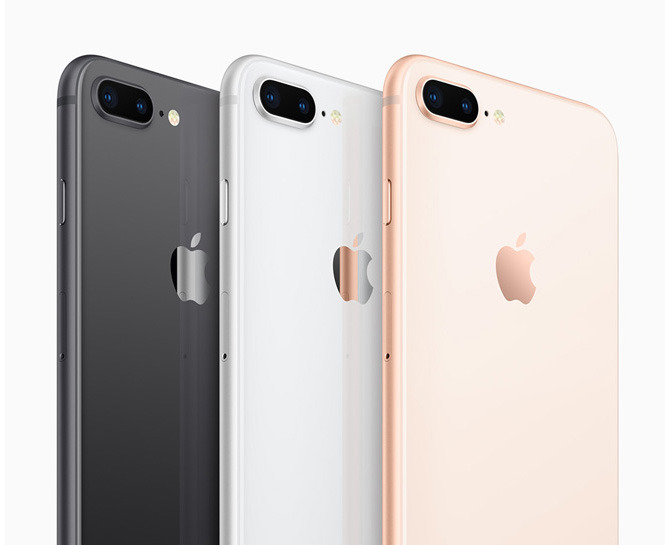

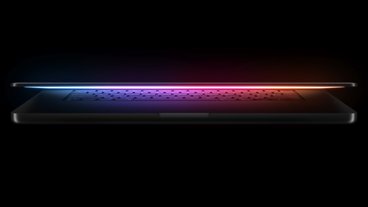





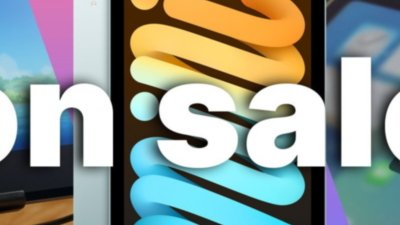
 Christine McKee
Christine McKee
 Charles Martin
Charles Martin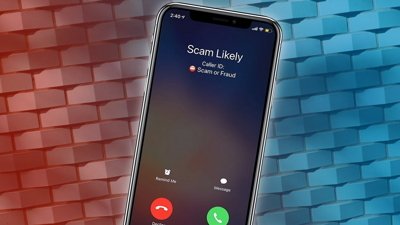

 Oliver Haslam
Oliver Haslam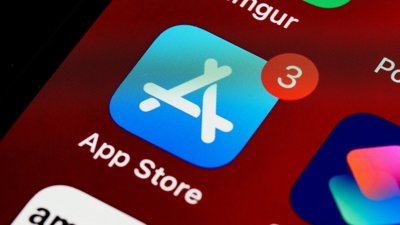
 William Gallagher
William Gallagher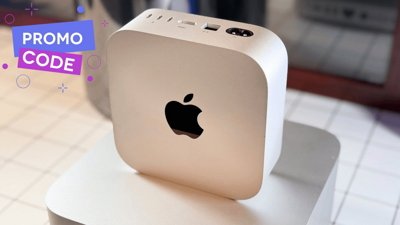

 Sponsored Content
Sponsored Content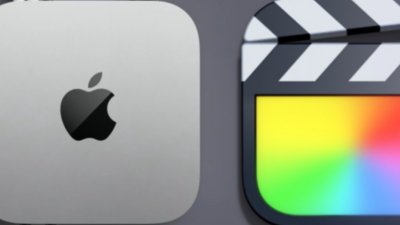


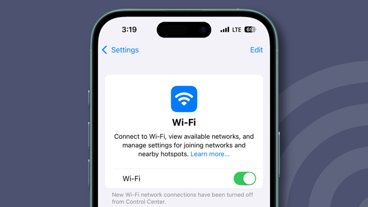






6 Comments
The injunction order required not only that Apple themselves remove the "infringing" handsets from it's own stores but that stock at existing authorized resellers be removed and destroyed. That the Apple PR statement inferring that sales would continue as normal is misleading should be obvious IMO.
They're both still in the controlling the story phase....